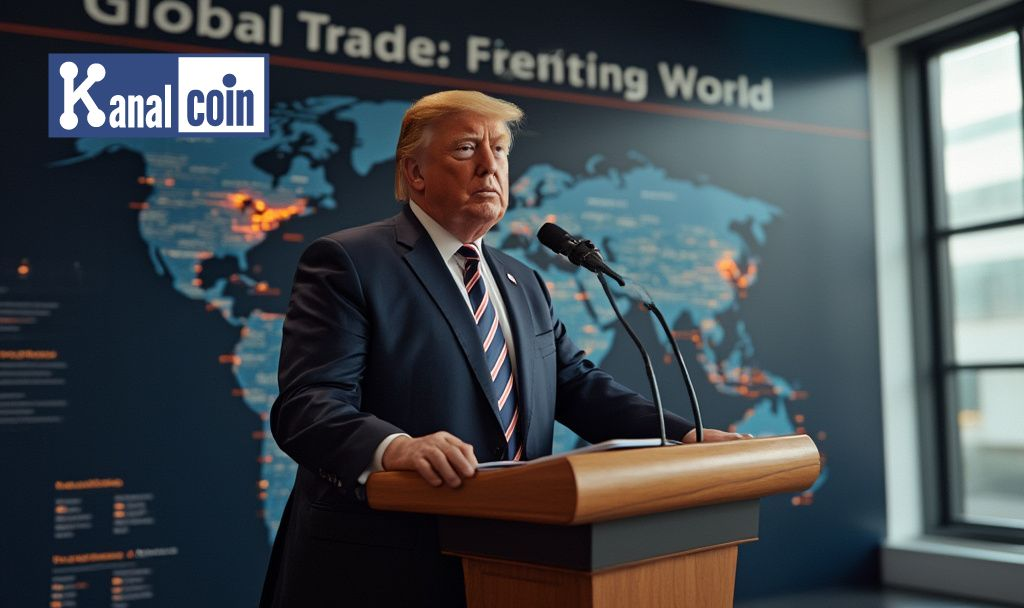
The Trump administration has launched a comprehensive investigation into U.S. critical mineral imports, aiming to assess tariff impacts, officials announced Wednesday in Washington, D.C.
This move could reshape international trade relationships and economic strategies, affecting global supply chains and the technological sector’s stability.
Trump Investigates National Security Risks of Mineral Imports
The investigation, ordered by President Donald Trump, examines whether the reliance on foreign minerals threatens national security. This action is part of broader efforts to bolster U.S. self-sufficiency in critical materials. In light of this, immediate measures to increase domestic production have been highlighted by recent White House actions.
Key players include domestic mining companies and government agencies analyzing import dependencies. The inquiry could lead to new tariffs or policies, urging a shift toward increased domestic production.
Mixed Industry Reactions on Potential Tariff Implications
Industry leaders have expressed mixed reactions, highlighting potential economic consequences. Some argue the inquiry might spur domestic production, while others caution against disrupting existing global trade partnerships critical for technological industries. As Wade Centi, President, Advanced Magnet Lab, emphasizes the “real fear” that trade tensions and new U.S. measures will deepen supply chain uncertainty.
Experts point to financial volatility in global markets if tariffs are implemented. Historical data suggests price fluctuations and regulatory shifts usually accompany such significant policy changes, influencing both local and international markets. The discussion on Governance and Risk Management also reflects these concerns.
Lessons from Past Tariffs Echo Current Concerns
Previous tariffs imposed by the Trump administration led to notable industry shifts, echoing current concerns. Past measures have sometimes resulted in increased costs for manufacturers heavily reliant on such imports.
Experts from Kanalcoin propose that this probe might predict broader protectionist policies, referencing fluctuations in historical commodity prices and urging attention to technological impacts such policies might incur. According to Lyle Trytten, a critical minerals expert, “The U.S. does not have the means to create the materials it needs to create the devices it survives on.”









